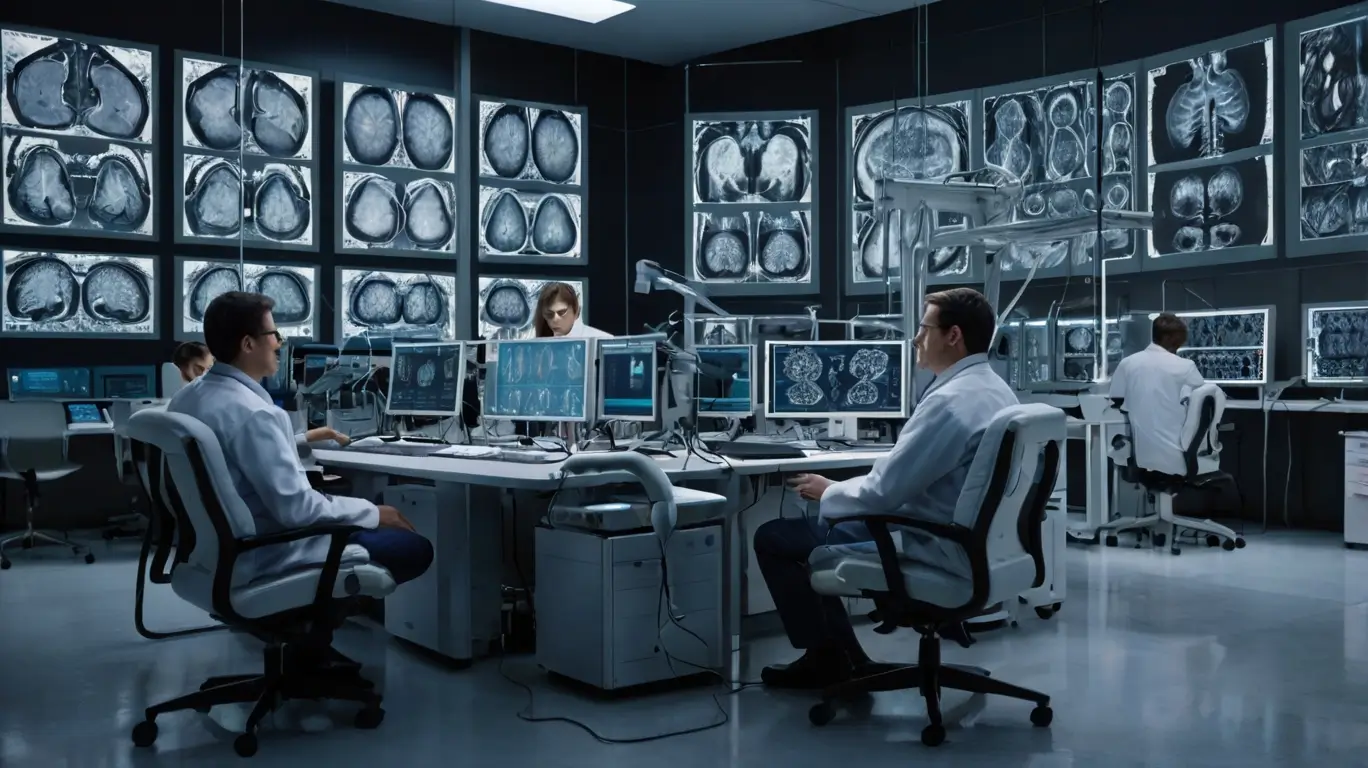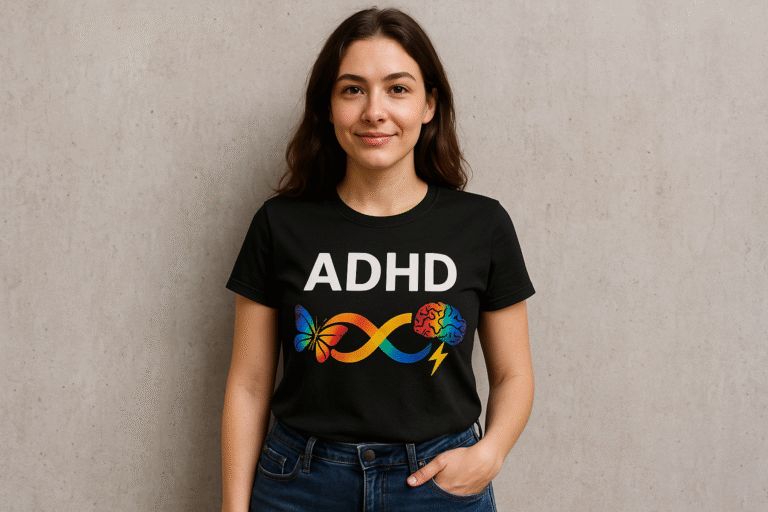Artificial Intelligence and ADHD Diagnosis: Everything a Curious Reader Needs to Know
Can AI Change How We Understand ADHD?
Artificial Intelligence (AI) is rapidly changing the way doctors diagnose Attention Deficit Hyperactivity Disorder (ADHD). In this 2025 guide, we explore how AI tools like MRI analysis, neural networks, and predictive algorithms are reshaping ADHD detection and treatment. This article simplifies complex research for everyday readers while remaining scientifically accurate.
What Is ADHD and Why Does It Matter?
ADHD is a neurodevelopmental condition that affects focus, impulse control, and activity levels. Many families, teachers, and adults encounter ADHD challenges daily.
Why Is Traditional Diagnosis So Challenging?
- Relies on observations from parents and teachers
- Varies significantly between doctors
- Symptoms overlap with other conditions
- No single, definitive medical test
👉 This is where AI emerges as a promising diagnostic tool.
How Does AI Help Diagnose ADHD?
Supercomputers Analyzing the Human Brain
AI can process massive amounts of data quickly and accurately. In ADHD diagnosis, researchers use:
- Magnetic Resonance Imaging (MRI)
- Maps brain activity in detail
- Highlights functional differences
- Helps differentiate ADHD from other disorders
- Electroencephalography (EEG)
- Records brain’s electrical activity
- Detects unusual neural patterns
- Safe and useful even for young children
Smart Algorithms: Beyond Basic Software
AI models like deep learning and neural networks learn from thousands of ADHD cases to:
- Identify subtle brain activity patterns
- Predict ADHD with high accuracy
- Suggest tailored treatment plans
Research Trends: What Scientists Are Discovering
A 2025 study in Frontiers in Human Neuroscience reveals explosive growth in AI-based ADHD research:
- 342 studies published in the last decade
- 78 studies in 2023
- 75 studies in 2024
Leading Countries in Research
- United States – 103 studies
- China – 69 studies
- England – 34 studies
- Research spans 50+ countries globally
Real-World Applications of AI in ADHD Diagnosis
In Medical Clinics
- Faster, more precise diagnostic tools
- Reduced waiting time for results
- Individualized treatment recommendations
In Schools
- Smart detection systems to help teachers
- Adaptive educational plans
- Early intervention tools for children
At Home
- AI-powered mobile apps for adults
- Educational games for kids with ADHD
- Real-time behavior tracking systems
Key Terms in Modern Research
Recent studies frequently reference:
- Early diagnosis – Detecting ADHD at younger ages
- Neural networks – Advanced machine learning models
- Functional connectivity – Brain region communication
- Detailed brain analysis – Micro-level diagnostic insights
Challenges and Ethical Concerns
While AI holds promise, it’s not without risks:
Technical Issues
- Data inconsistency between clinics
- Limited ability to generalize across populations
- Requires vast, high-quality datasets
Ethical Questions
- Patient data privacy and consent
- Control and transparency of AI systems
- The role of doctors alongside AI tools
The Future of AI in ADHD Diagnosis
Experts predict:
- Smart mobile apps for early detection
- Wearable smart glasses tracking attention levels
- Personalized learning platforms for students
- Global data-sharing collaborations for research
Practical Tips for Curious Readers
- Stay skeptical: Not all AI news is accurate
- Use reliable sources: Scientific journals, official websites
- Consult specialists: AI supports doctors, doesn’t replace them
- Spread awareness: Share insights with family and educators
Conclusion: An Exciting Journey Ahead
Artificial Intelligence is redefining ADHD diagnosis, offering hope for millions worldwide. This journey is not just about technology but also about better understanding human behavior and improving lives.
💬 What do you think? Will AI truly transform ADHD detection and treatment? Share your opinion below!
Additional Reading
- Main Study: Zhang, Y., et al. (2025). Artificial intelligence in ADHD: a global perspective on research hotspots, trends and clinical applications. Frontiers in Human Neuroscience. Read it here
- Trusted Resources:
- World Health Organization – ADHD information
- Mayo Clinic – ADHD overview
FAQ – AI and ADHD Diagnosis
Q1: Can AI accurately diagnose ADHD?
AI shows promising accuracy by analyzing brain scans and behavior data, but it’s still a complementary tool to professional evaluation.
Q2: What technologies are used in AI-based ADHD detection?
MRI, EEG, machine learning algorithms, and neural networks are commonly used to assess brain patterns.
Q3: Will AI replace doctors in ADHD treatment?
No. AI is designed to support doctors by offering faster analysis and personalized recommendations, not replace medical professionals.
Q4: Is AI available for ADHD diagnosis today?
Some clinics and research centers already use AI-assisted tools, but widespread adoption is still in progress.





